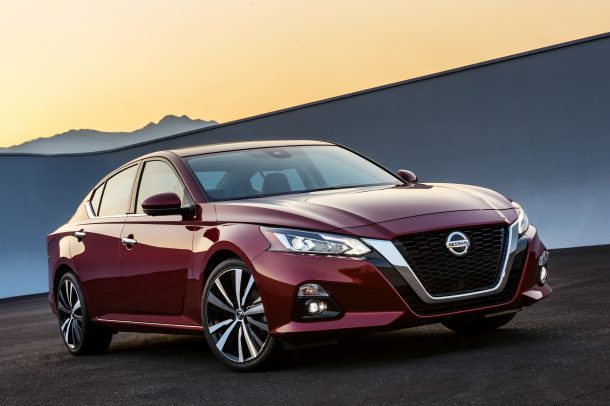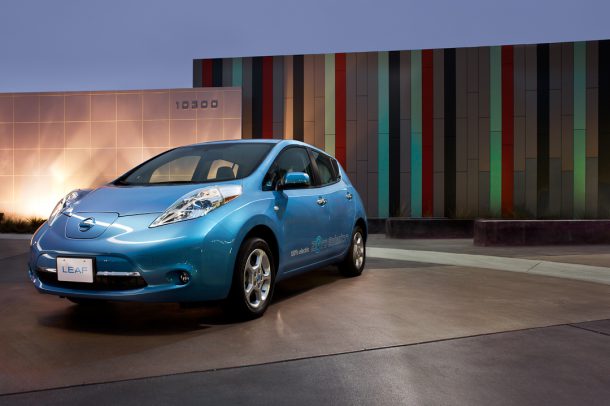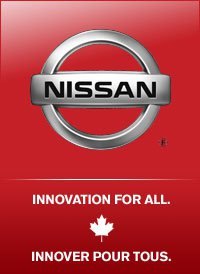#NissanCanada
Two Countries Prepare to Launch Two Very Different Nissan Altimas
It’s the third high-profile midsize sedan launch in a year, and Nissan’s pretty confident that this — THIS — is the one that’s really going to turn the declining segment around. Or so U.S. chairman Denis Le Vot claim s. In our first drive review of the all-new 2019 Altima, scheduled for Friday morning, we’ll ponder if this revamped sedan and its revolutionary new engine makes for a worthy challenger to Toyota’s segment-leading Camry and the somewhat lagging Honda Accord.
Meanwhile, north of the border, Nissan Canada is busy preparing its own launch. We’ve discussed some of the similarities and glaring discrepancies between the two vehicle markets before, but for the 2019 Altima, the gap between the U.S. vehicle and Canadian one is vast. Maybe it has something to do with optimism vs. realism.
Massive Nissan Leaf Group Buy Kiboshed by Manufacturer
Just north of the Vermont border, you’ll find 3,712 very disappointed would-be Nissan Leaf owners.
A Montreal-based group seeking a low-priced bulk buy of Nissan’s electric car has had their dreams dashed by Nissan Canada, after the automaker seemed to grow wary of the group’s size, Quebec’s La Presse reports.
10% Of The Nissans Sold In Canada Are Micras
Nissan Canada markets their new entry-level car with a $9998 base price. (It’s $11,398 with destination, $14,698 with a 4-speed auto and air conditioning.)
The Micra is a sub-Versa car in a small car lineup that includes the Sentra and Juke, but no longer the Cube. It is the cheapest car in Canada. Its most obvious direct rival, aside from the Versa, would be the Mitsubishi Mirage. Our managing editor, a certain Mr. Kreindler, says the chassis is “promising” and “shockingly adept.”
You might also be shocked to see the level of popularity achieved by the Micra so early on in its Canadian tenure.
Super Piston Slap: <3 for Nissan Canada?
TTAC commentator SpeedJebus writes:
Hi Sajeev,
You may remember that I wrote in before about my 2007 Honda Civic, and it’s haunted DBW system. That ordeal is over, but apparently I’m a sucker for automobile drama. Here’s the tale of my Juke: an ordeal that has been going on for over three months now. I’d like to share this cautionary tale. Here we go!



















Recent Comments